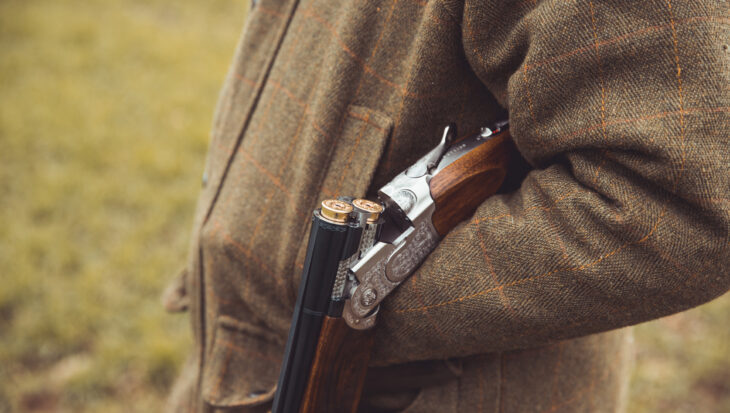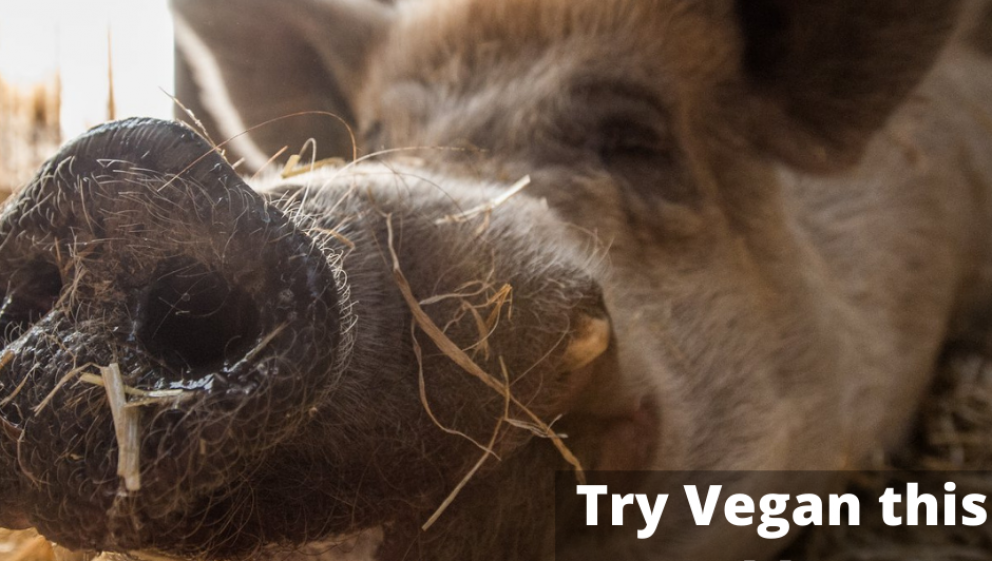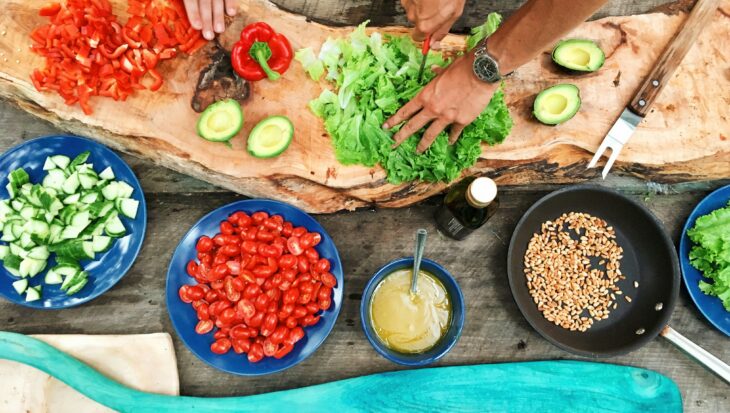Ban on the use of lead shot – finally!
Posted 10 Jul 2025

Posted on the 4th November 2020
As World Vegan Month continues, you may be aware of some myths about vegans and veganism. Let’s put some of those most common ones to rest.

The animals who are eaten are far from ‘natural’. They are selectively bred, and in most cases this selective breeding causes them to suffer. Chickens bred for meat (‘broiler’), for example, grow so fast in such a short space of time by the time that they reach ‘slaughter age’ – which is just 6 weeks old – they start to collapse under their own weight; many also suffer from cardiovascular problems. And whilst if the world did go vegan some species of animals may cease to exist, their wild counterparts (such as bison, wild boar and red-legged jungle fowl) would still exist.
The only reason that there are so many farmed animals today is because they are bred to meet a demand. As the demand decreases, fewer animals would be bred. Thus, the chances of cows taking over are very slim.
Nope.
Animal Aid and other animal protection organisations have filmed inside British farms and slaughterhouses. Animal Aid has filmed animals being beaten, burnt with cigarettes and otherwise mistreated in English abattoirs – which included RSPCA Approved, Organic/Soil Association-accredited, and non-stun. In farms, we have filmed sick and injured animals being left to suffer, amongst other horrendous scenes.
One thing is for sure, animals do not want to die. And regardless of whether you are buying British meat or not, those animals did suffer.
Not at all. You can now get plant-based alternatives to everything from burgers, to bacon, to ice-cream, to cheese, to chicken nuggets and everything in between!
Check out our Guide to Going Vegan for more information
Posted 10 Jul 2025

Temperatures are rising and it’s time to get outdoors, enjoy the weather and tuck into some delicious vegan food! Thanks to an abundance of plant-based options now available, there’s an alfresco option for every tastebud...
Posted 09 Jul 2025
